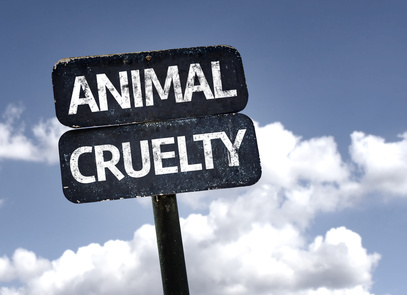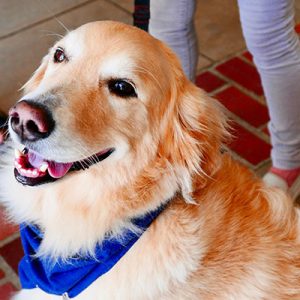Companion Animal Cruelty Prevention Certificate Level 3

Animal Welfare Officers are often the first point of social service intervention for those experiencing a domestic crisis.
Community Service Providers and animal welfare organisations need to work more closely together to address violence and enable earlier intervention.
*You will have access to the course for 6 months only, after which, you can purchase extensions.
This course is designed to assist with this process as well as to enable animal care professionals to understand and better manage these situations.
Unit 1
Understanding the links between companion animal cruelty and interpersonal violence.
Unit 1 of this animal cruelty course examines how to identify and report non-accidental injury in animals.
The cross reporting and sharing of information between community service providers is essential and this unit explores how best to achieve this.
Unit 2
Establishing and managing foster care networks
When individuals and families have to be temporarily re-housed during a time of domestic violence, many are forced to give up their pets. Some refuse to leave a situation of domestic violence if it means giving up their animal and therefore, in these situations, people and animals continue to be in an at risk environment.
This animal cruelty course unit explores how organisations can prevent this happening by establishing networks of foster animal carers who are able to assist with the fostering of pets whilst owners are temporarily re-housed.

More recently social scientists have conducted multiple studies over the past twenty years that demonstrate a strong animal cruelty and interpersonal violence connection. Recent publicity due dozens of high profile animal cruelty cases have alerted the public to this relationship. Officers and the courts, particularly in the USA where the research into these relationships is more advanced, are recognising the utility of taking animal cruelty seriously as a way of alerting the authorities to potentially violent perpetrators.
Finally, the increasingly concerned public in recent years has drawn greater attention to animal abuse. The media have also been critical of mild punishments handed down in animal cruelty cases. Many researchers suggest that animal abuse can be used as a ‘flag’ for violence and abuse towards other humans, despite such low sentencing for animal abuse in many countries. In 2006, the RSPCA used this research to successfully campaign for improved UK legislation on animal cruelty and neglect, by using this relationship as a reason that animal abusers should receive harsher punishments.
This was granted in The Animal Welfare Act 2006 that superseded The Protection of Animal Act 1911. Creating interrelationships between animal welfare organisations, abuse victim organisations, social services and law enforcement authorities is the most reliable and efficient way of identifying cases of both human and animal abuse, including abuse directed towards children and vulnerable adults. By working together these organisations and cross-reporting cases with one another, they are more likely to identify domestic violence, animal abuse or child abuse, and gain information to lead to successful intervention. This course is of relevance for those working in cruelty prevention roles and social services who wish to gain a greater understanding about the links between animal cruelty and interpersonal violence.
We offer a selection of accredited and employer recognised courses specifically designed for careers working with animals.
If you have any questions about our courses, please contact us.
We’ve assisted many people to achieve their goal to work with animals. Read more about our 5-star reviews and student success stories.
Gain relevant training to achieve your goal to work with animals.



